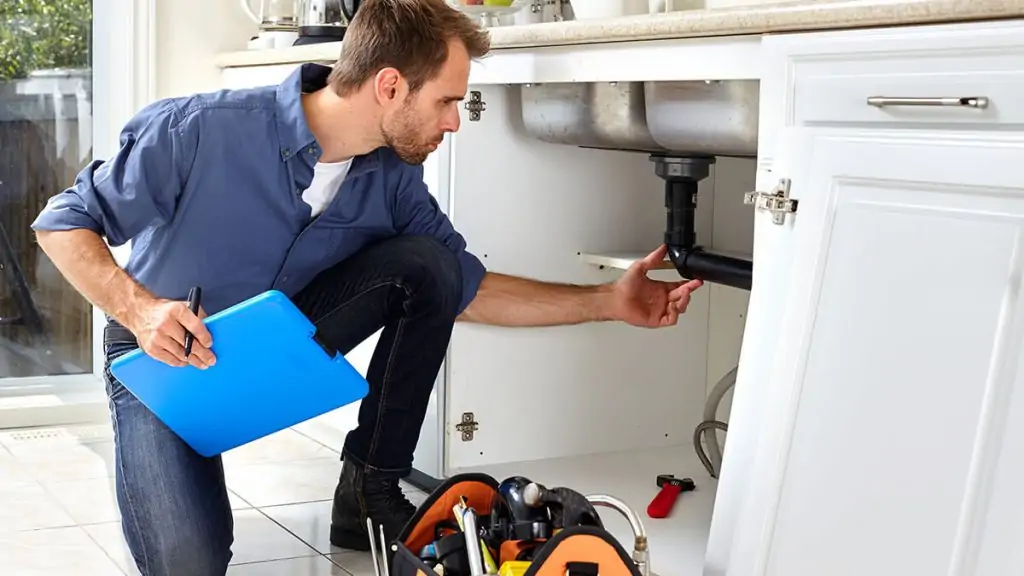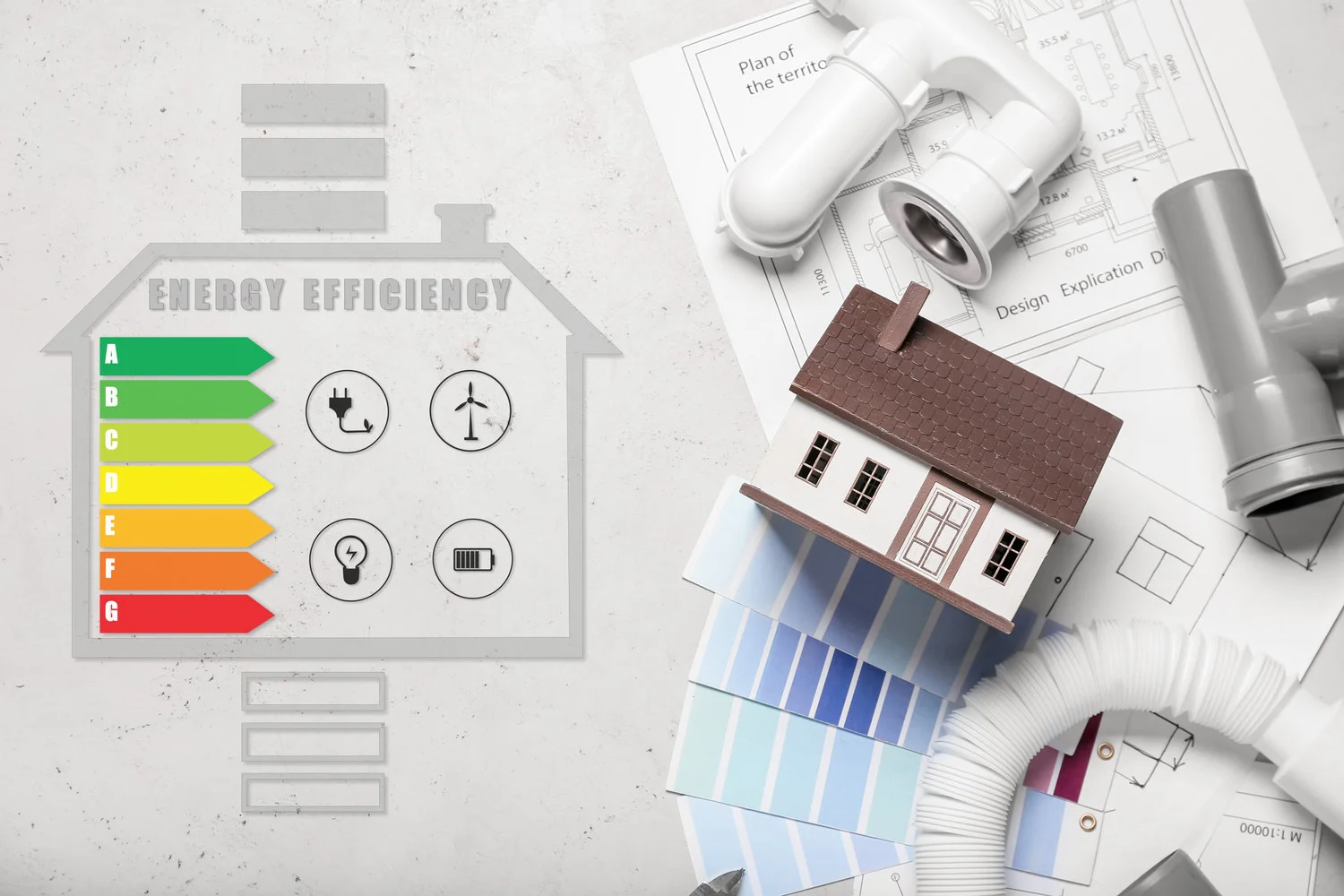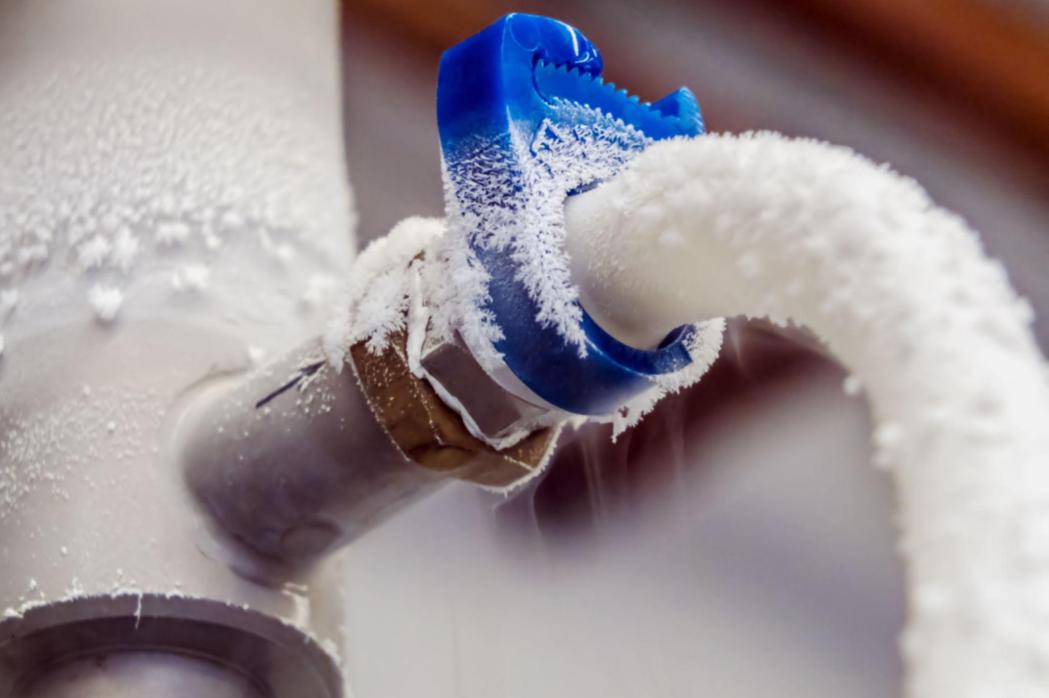Plumbing is an essential part of any home, yet it is often overlooked until a problem arises. Regular plumbing inspections are critical for maintaining the health and safety of your home’s water system, ensuring long-term functionality, and preventing costly repairs. For homeowners, scheduling routine checks can lead to savings, peace of mind, and a more efficient plumbing system. Here’s why regular plumbing inspections are so important.
1. Early Detection of Problems
One of the primary benefits of regular plumbing inspections is the ability to detect potential problems before they become serious issues. Many plumbing problems start small, such as minor leaks or slow drains, but can escalate into major damage if not addressed. Regular inspections help identify:

- Leaks in pipes
- Corroded or cracked pipes
- Slow or clogged drains
- Hidden water damage
- Worn-out fixtures
Benefit: Catching these issues early can save you from the costly and extensive repairs that might be needed if left unattended. Small leaks, for example, can lead to mold, rot, and structural damage if not fixed promptly.
2. Prevention of Water Damage
Water damage is one of the most expensive repairs a homeowner can face. A burst pipe or leaky faucet may seem like minor inconveniences, but they can cause severe damage to floors, walls, and even the foundation of your home. Regular plumbing inspections help prevent these occurrences by ensuring that your plumbing system is in good working order.
Benefit: Inspecting and maintaining your plumbing system can prevent floods and water damage, preserving your home’s structural integrity and saving you money on repairs.
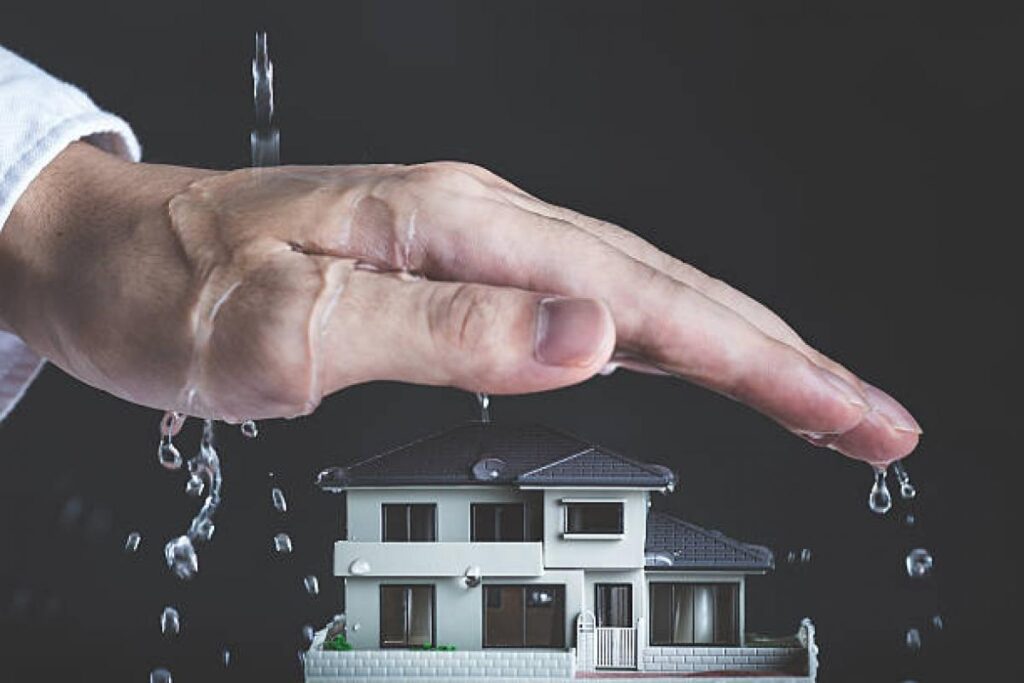
3. Improving Water Efficiency
Inefficient plumbing systems can lead to unnecessary water waste and increased utility bills. Leaky faucets, running toilets, or outdated plumbing fixtures can cause your water usage to spike without you realizing it.
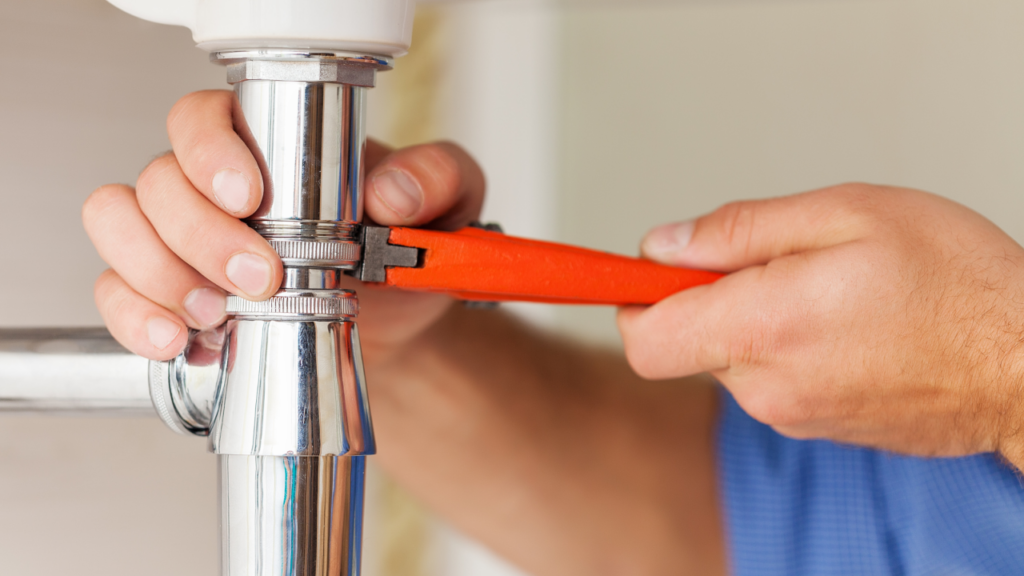
During a regular inspection, a plumber can:
- Identify leaks and fix them immediately
- Recommend water-saving fixtures such as low-flow toilets and showerheads
- Ensure your water heater is functioning efficiently
Benefit: These improvements not only reduce your environmental footprint but also lower your water bills, offering long-term savings.
4. Extending the Lifespan of Your Plumbing System
Regular maintenance is key to prolonging the life of your plumbing system. Just like your HVAC system or roof, your plumbing system needs periodic attention to remain in peak condition. Over time, pipes can corrode, fixtures can wear out, and sediment can build up in water heaters. Without regular inspections and maintenance, you may find yourself needing costly replacements.
Benefit: Routine inspections extend the lifespan of your pipes, water heater, and plumbing fixtures, saving you from the high costs of premature replacement.
5. Ensuring Safe Water Quality
The quality of the water in your home is important for the health and safety of your family. Old pipes, rust, and contamination can affect your water supply, leading to issues such as discolored water or bad tastes and odors. Plumbing inspections help ensure that your pipes are in good condition and your water supply remains clean and safe to use.
Benefit: Regular checks help prevent contamination, ensuring your water is safe for drinking, cooking, and bathing.
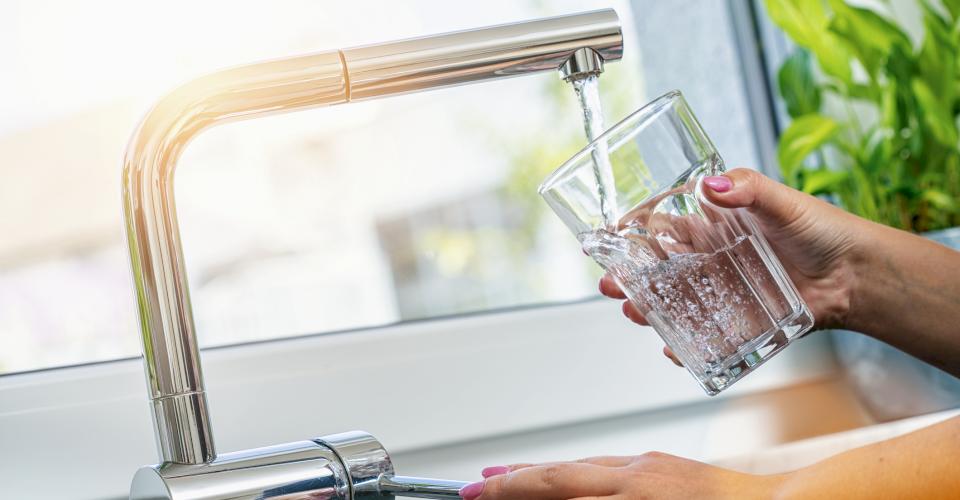
6. Preventing Emergencies
Plumbing emergencies are inconvenient, stressful, and can happen at the worst possible times. Burst pipes, sewage backups, or major leaks often lead to costly emergency repairs and damage to your property. By scheduling routine plumbing inspections, you can catch potential issues before they escalate into emergencies, saving yourself from unnecessary stress.
Benefit: Preventing emergencies is always easier and cheaper than dealing with the aftermath of a plumbing disaster. Regular inspections can help you avoid the surprise of a middle-of-the-night emergency call to a plumber.
7. Maintaining Home Value
A well-maintained plumbing system is an important asset for maintaining or increasing the value of your home. If you plan to sell your home, potential buyers are likely to ask about the condition of your plumbing system. A history of regular inspections and maintenance will reassure buyers that the home has been well cared for.
Benefit: Proper plumbing maintenance helps maintain or even increase the value of your home, giving you a selling point when it comes time to put it on the market.
How Often Should You Schedule Plumbing Inspections?
The frequency of plumbing inspections depends on several factors, including the age of your home and plumbing system. As a general rule:
- Annual Inspections: Most homeowners should schedule a plumbing inspection at least once a year.
- Older Homes: If your home is older or has original plumbing, more frequent inspections may be necessary.
- Before Buying or Selling a Home: Always get a professional plumbing inspection before purchasing or selling a home to identify any potential issues.
Final Thoughts
Regular plumbing inspections are a small investment that can lead to significant long-term savings. From preventing water damage to improving efficiency and safety, these inspections are essential for every homeowner. By scheduling routine checks with a licensed plumber, you can ensure that your plumbing system remains in excellent condition, saving you from costly repairs and unexpected emergencies.
Ultimately, maintaining a healthy plumbing system is a key part of preserving your home’s value and keeping your household running smoothly.

